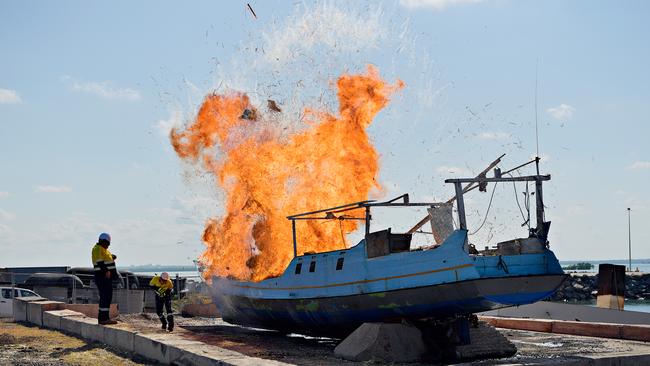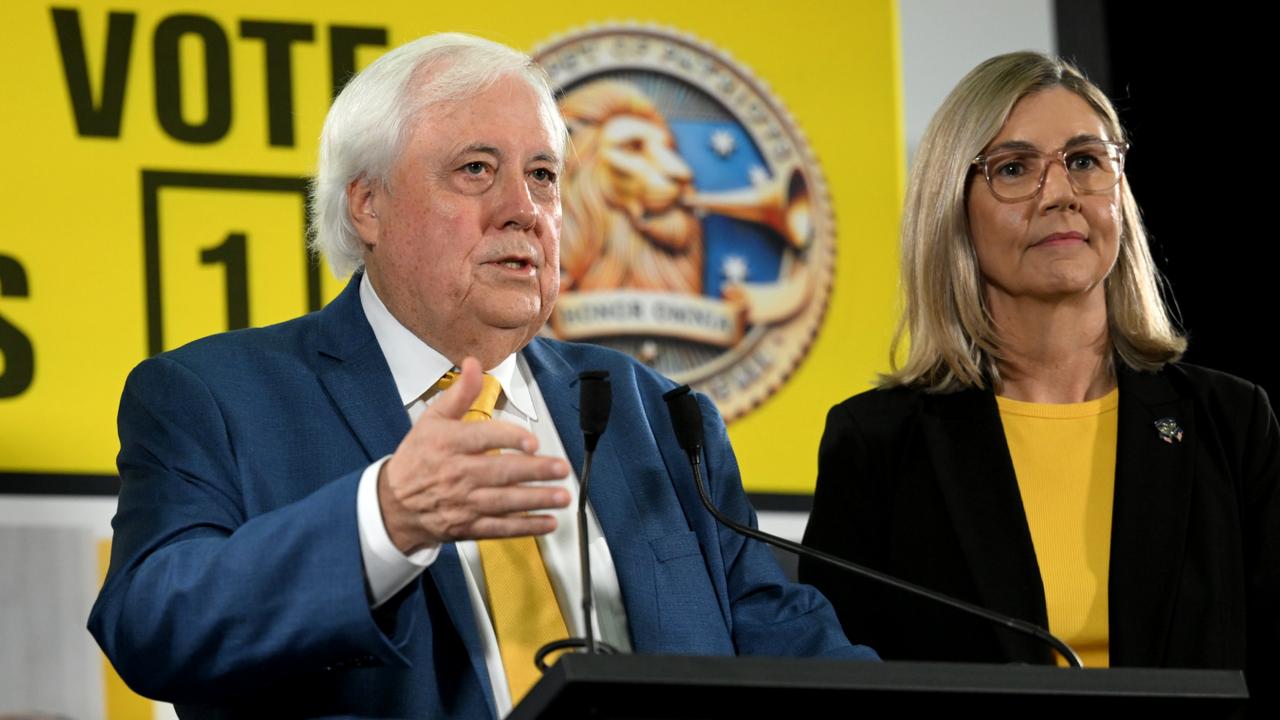Huge surge in illegal foreign fishing boats
Border Force patrols have reported a massive increase in the number of illegal foreign fishing vessels intercepted in Australian waters in the past three years.

Border Force patrols have reported a massive increase in the number of illegal foreign fishing vessels intercepted in Australian waters in the past three years.
The number of illegal fishing boats picked up last financial year was 16 times more than the average over the past decade.
Authorities say the escalation is likely to be because of the Covid pandemic, which shut down the Indonesian tourism industry and led to more Indonesians taking up fishing as a livelihood.
The increase in competition, and damage wrought to local fish stocks by a cyclone last year, prompted foreign fishers to head into Australian waters, the Australian Fisheries Management Authority said.
During a Senate estimates hearing on Tuesday, AFMA chief executive Wez Norris said 337 illegal foreign fishing vessels were intercepted in Australian waters last year, with 46 so far this financial year.
That was up from an average of 21 a year over the past decade.
The increase in foreign fishing vessels was first noted during the first year of the pandemic when 85 boats were intercepted, up from four the previous year.
Mr Norris said the “vast majority” of the boats originated from Indonesian ports. “(It’s) very heavily driven by Covid,” he said. “Things like wholesale closure of tourist venues and people moving back to regional villages and ports.
“That part of Indonesia was very heavily damaged by a cyclone early last year … so that has implications for livelihoods and food security as well.”
Mr Norris said foreign fishers were emboldened by limitations put on Australian border patrols because of the pandemic.
“On our side, particularly early in the pandemic, Covid very significantly curtailed the enforcement ability of maritime border command assets that were out at sea, because they couldn’t undertake boarding and inspection … for quite some time,” he said.
To deal with the increase, the Maritime Border Command, a joint agency taskforce between the Australian Border Force and the Australian Defence Force, established Operation Jawline which led to increased Bessel patrols and aerial surveillance.
Indonesian vessels have been caught targeting sea cucumbers in waters off Western Australia and the Northern Territory.
Fishers caught have catches and equipment confiscated and their vessels can be destroyed at sea while the crew is repatriated.
The Australian government has lobbied Jakarta for help with public information campaigns being rolled out in Indonesian ports.




To join the conversation, please log in. Don't have an account? Register
Join the conversation, you are commenting as Logout